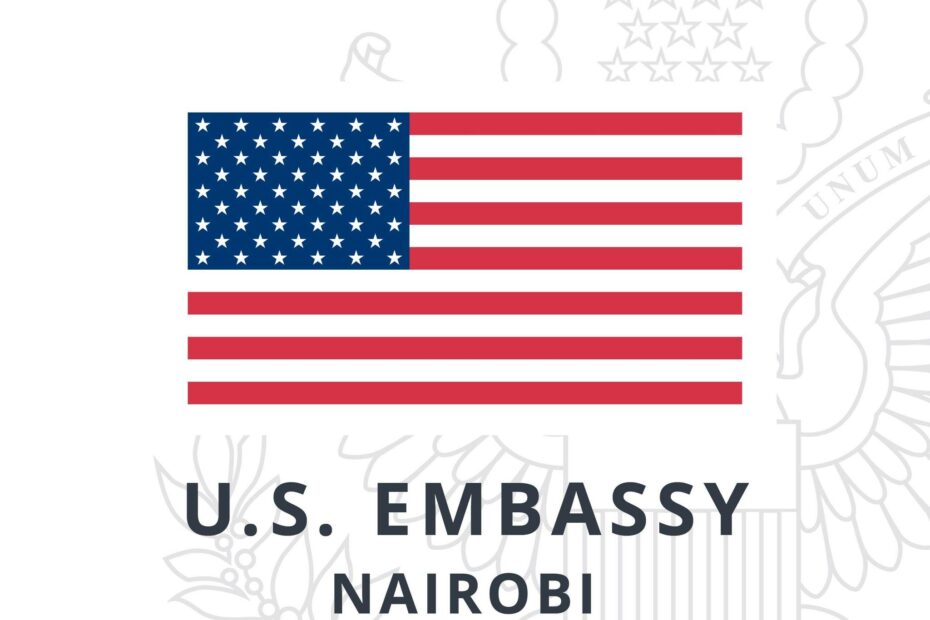The United States has issued a travel advisory to its citizens in Kenya. The advisory, posted by the U.S. Embassy in Nairobi on October 13, advises US citizens to exercise caution while in the East African country. The US believes its intelligence networks have gathered the possibility of a terror attack in the Kenyan Capital. According to the embassy, terrorist groups could attack with little or no warning.
What are some of the high-risk areas?
Following the directive, it is important to understand some of the high-risk areas to avoid. The travel advisory issued by the US Embassy in Nairobi lists areas with high traffic that are frequented by foreigners and tourists in Nairobi and elsewhere in Kenya as some of the major hotspots.
According to the US Government, citizens in Kenya should avoid hotels, embassies, restaurants, malls and markets, schools, police stations, places of worship, and other places frequented by foreigners and tourists.
What you should do when a travel advisory is in effect
A travel advisory means that you cannot operate the way you normally operate daily. It is important to adopt certain precautions to stay safe. According to the US Department of State, US citizens planning to travel to foreign countries should always prepare themselves for a potential crisis. The travel advisory issued for Kenya, however, has listed some of the steps citizens can take to stay safe.
7 steps to take to stay safe
The following are some of the steps you can take to stay safe after the issuance of a travel advisory.
Stay alert in locations frequented by tourists/foreigners
Although it is advisable to keep away from locations frequented by tourists if you have to travel to such places, ensure that you stay alert. Watch your surroundings.
Review your personal security plans
Before traveling to the country, ensure that you review all your security plans. Consult with the various agencies to find information on how to stay safe and which areas you should avoid.
Be aware of your surroundings
It is important to understand your surroundings. Survey your surroundings to understand the potential escape routes you can take in case of an emergency. You should also ensure that you can detect suspicious individuals or items in your surroundings.
Monitor local media for updates
Local media is a crucial component that can help you get security tips on the situation in various parts of the country. This can help you plan your travel and avoid areas that may be exposed to security gaps. Through the local media, you can also get additional details on the plans the local government has put in place to improve security in the country.
Avoid protest areas and demonstrations
Areas where there are demonstrations and protests are a potential risk for a terror attack. It is also a major security risk that you should avoid because some of the protests can turn violent.
Avoid crowds
Crowds are always some of the top targets of terrorists. According to the US Embassy in Kenya, citizens should avoid crowded areas and crowds.
Keep a low profile
You always risk being targeted by criminals if they identify you as one of the groups they are targeting in their attacks. If their attacks are aimed at foreigners, the chances of you being one of their primary targets are always high if you do not keep a low profile. You can keep a low profile by reducing your visibility and limiting the scope of your interactions.



